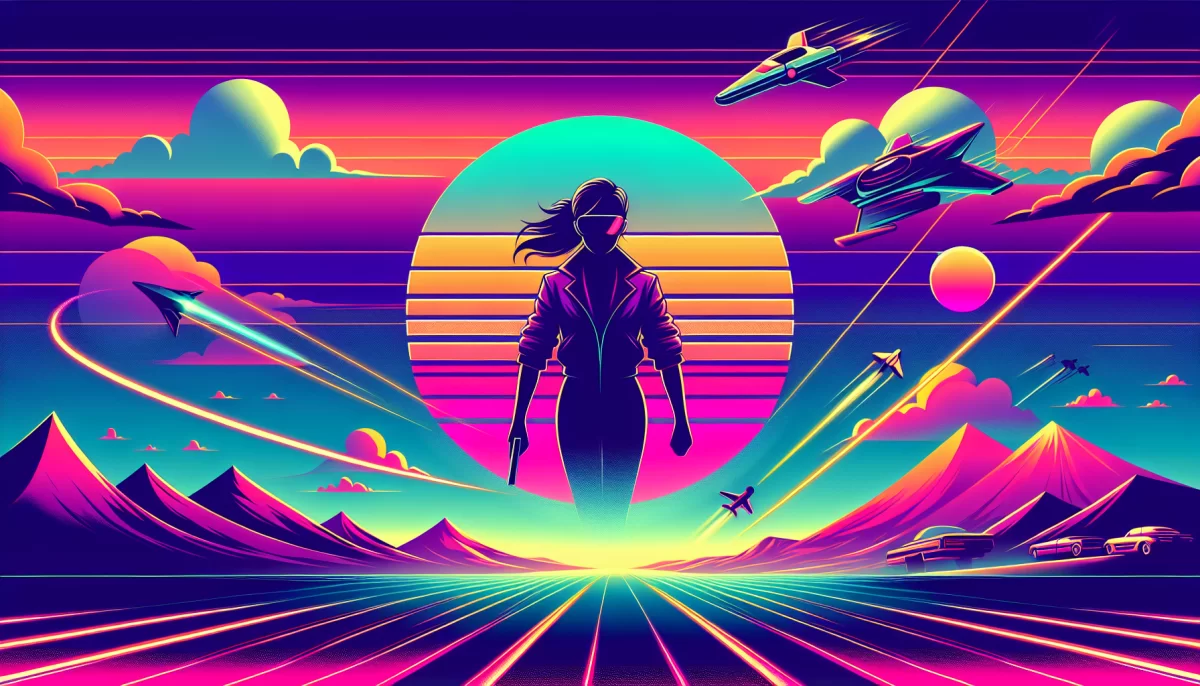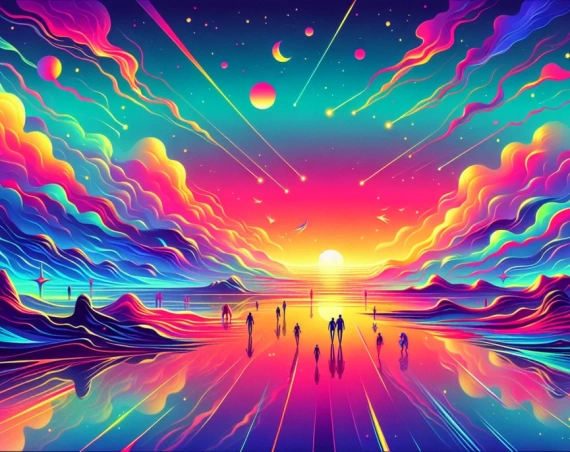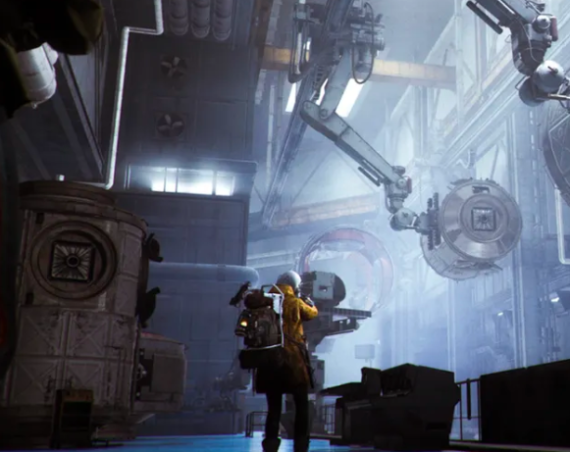
MCU’s Biggest Missteps: From Secret Invasion to Post-Endgame Releases
The Marvel Cinematic Universe (MCU) has long been celebrated for its groundbreaking storytelling and cultural impact. Yet, even the most successful franchises encounter challenges that spark debate among fans and critics alike. Recent discussions have highlighted several significant missteps in the MCU’s trajectory, particularly following key events like Avengers: Endgame.
Introduction: The MCU’s Shifting Landscape
Marvel Studios set a high bar with interconnected stories that culminated in massive crossover events. However, certain decisions have left fans questioning the coherence and direction of the franchise. With the MCU entering Phase 5 and beyond, understanding these perceived missteps is crucial for appreciating both its successes and struggles.
Key Issues Highlighted by Fans and Analysts
1. The Delayed Release of the Black Widow Movie
One of the earliest controversies discussed by fans involved the timing of the Black Widow film’s release. Instead of debuting before Natasha Romanoff’s death in Endgame, the movie arrived after, leading to narrative discontinuities and missed emotional impact. Industry sources attribute this to internal creative power struggles, notably between Kevin Feige and former Marvel Entertainment CEO Isaac Perlmutter.Source
2. The Diminishing Role of Hulk
The portrayal of the Hulk character has also been a focal point. Fans note a clear shift in Hulk’s significance beginning with the Russo brothers’ direction, contrasting the strong characterization Joss Whedon achieved in earlier MCU films. This depicts a decline in Hulk’s agency and screen presence, arguably impacting the character’s popularity and development.Source
3. Lack of a Defining Phase 4 Crossover Event
Phase 4 of the MCU struggled to deliver a cohesive narrative arc. Fans expressed disappointment over the absence of a properly executed crossover event akin to the original Avengers films. Shows and movies featuring popular characters often felt disjointed, lacking the interconnectivity that once defined the franchise. The series Thunderbolts has been noted as a tentative step toward reviving crossover excitement.Source
4. The Challenge of TV Integration
Transitioning major MCU hero stories into television has been met with mixed reactions. Fans highlight that key heroes, such as Captain America and Captain Marvel, appear in TV shows that many casual viewers skip, causing potential confusion or disengagement with the overarching film narrative. This strategy risks alienating audience segments that are not committed to following multiple media platforms.Source
5. Criticism of Secret Invasion and MCU Series Endings
The TV show Secret Invasion received notable criticism, particularly regarding its conclusion and character treatment. Fans have singled out the death of Maria Hill and the abrupt ending as detrimental to the quality expected from Marvel productions. This continued a trend some perceive where high-profile MCU TV shows have uneven storytelling resolutions.Source
6. The Multiverse Fatigue and Narrative Risk Reduction
The introduction of the multiverse concept, initially hailed as an innovative storytelling device, has also attracted criticism. Fans argue that the presence of infinite realities reduces narrative stakes, as failure in one universe can theoretically be negated by success in another. This phenomenon can diminish suspense and investment in plot outcomes.Source
Current MCU Context and Moving Forward
As the MCU continues to evolve, with films like Avengers: Doomsday set for a 2026 release, Marvel faces the challenge of regaining narrative momentum and fan trust. According to recent statements by Kevin Feige, Marvel Studios is actively developing several upcoming phases that will attempt to reconcile fan concerns and deliver new, cohesive storytelling strategies.Source
Summary of MCU’s Main Criticisms
- Delayed storylines: Posthumous film releases disrupting narrative flow.
- Character underutilization: Declining prominence of key heroes like Hulk.
- Disjointed phases: Lack of definitive crossover events in Phase 4.
- TV integration problems: Complexity and viewer drop-off from essential hero arcs.
- Poor TV show conclusions: Unsatisfying resolutions in shows such as Secret Invasion.
- Multiverse overuse: Reduced stakes and increased narrative confusion.
Conclusion
The Marvel Cinematic Universe, a towering achievement in modern film and TV, now stands at a crossroads. While it still captivates millions worldwide, addressing its notable missteps is essential for sustained success. These challenges reflect the difficulty of balancing a sprawling franchise with evolving audience expectations. By refining its approach to storytelling, character development, and franchise structure, the MCU can continue to flourish in the upcoming phases.
Related Insights
- Analysis of MCU Phase 5 and its impact on future releases.
- Fan reactions and critiques of recent Marvel TV shows.
- Industry perspectives on multiverse storytelling in large franchises.


